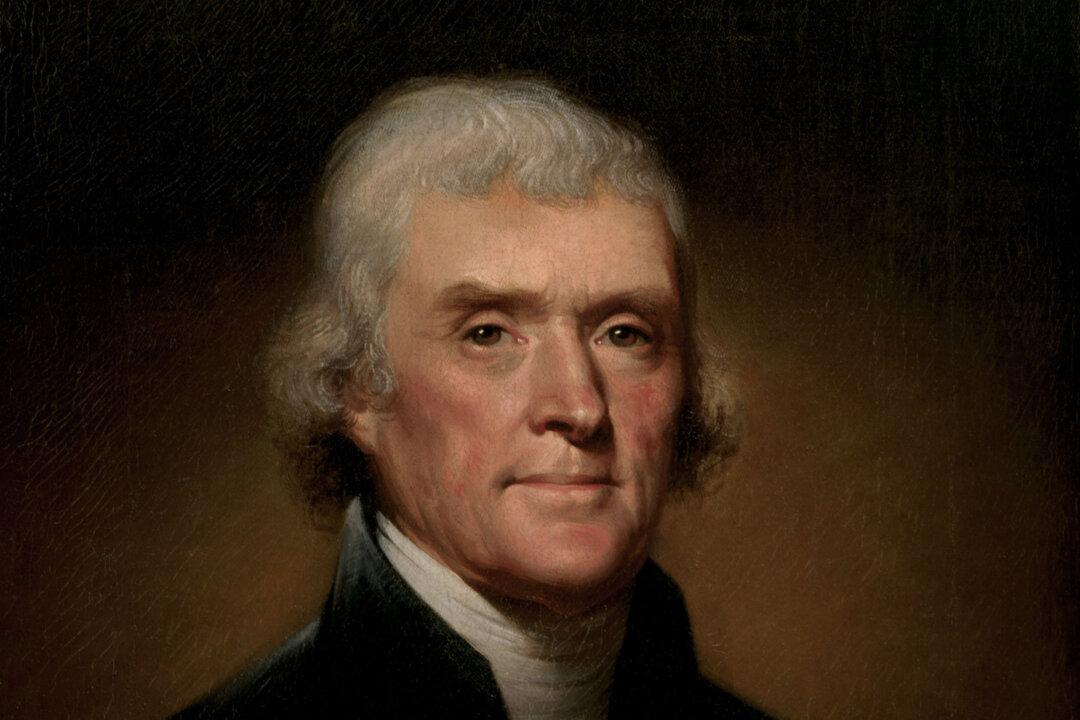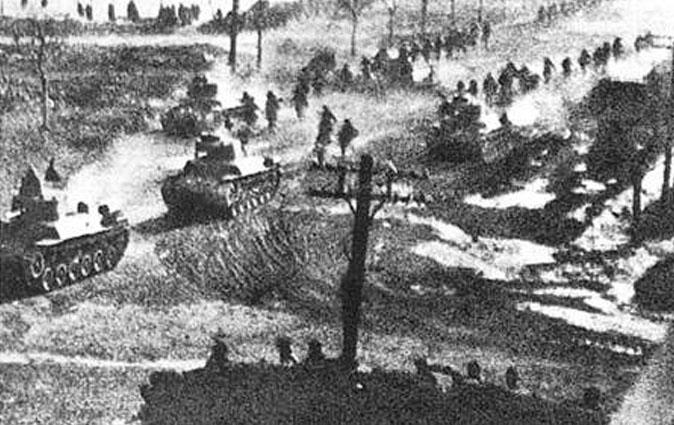In a finding worthy of the title “the discovery of a lifetime,” a family in the Deep South found a letter handwritten by the third U.S. president in their attic.
The letter, found in an box with other heirlooms, was penned by Thomas Jefferson in response to a letter from U.S. Ambassador to France, William Crawford. The letter is almost four pages in length and provides discourse on a variety of topics ranging from the U.S. victory in the War of 1812 to Napoleon’s demise.
“So far his downfall was illy timed for us. It gave to England an opportunity to turn full handed on us, when we were unprepared,” Jefferson writes, regarding Napoleon.
“No matter. We can beat her on our own soil, leaving the laws of the ocean to be settled by the maritime powers of Europe, who are equally oppressed & insulted by the usurpations of England on that element.
“Our particular and separate grievance is only the impressment of our citizens. We must sacrifice the last dollar and drop of blood to rid us of that badge of slavery; and it must rest with England alone to say whether it is worth eternal war, for eternal it must be if she holds to the wrong,” Jefferson wrote.
The letter is being sold through The Raab Collection, a Pennsylvania-based historical document and autograph dealer, where the letter can be read in its entirety.
“This kind of letter is only seen up for sale once a decade, if not once a generation,” Nathan Raab told FoxNews. “You just never see this for purchase by the public. These types of letters that are owned by direct descendants are usually donated to private collections.”
Jefferson analyses U.S. military successes and failures, American honor and unity, British perfidy and miscalculations, their burning of Washington, Napoleon and his impact, improvements in U.S. armed forces, the significance of the Battle of New Orleans, the rise in American manufacturers, and methods to finance the war, according to the description on the Raab Collection website.
The date of the letter is marked as June 30, 1815. The letter was put up for sale on Monday, July 4—exactly 190 years after Jefferson’s death in 1826 and 240 years after the Declaration of Independence was adopted in 1776.




